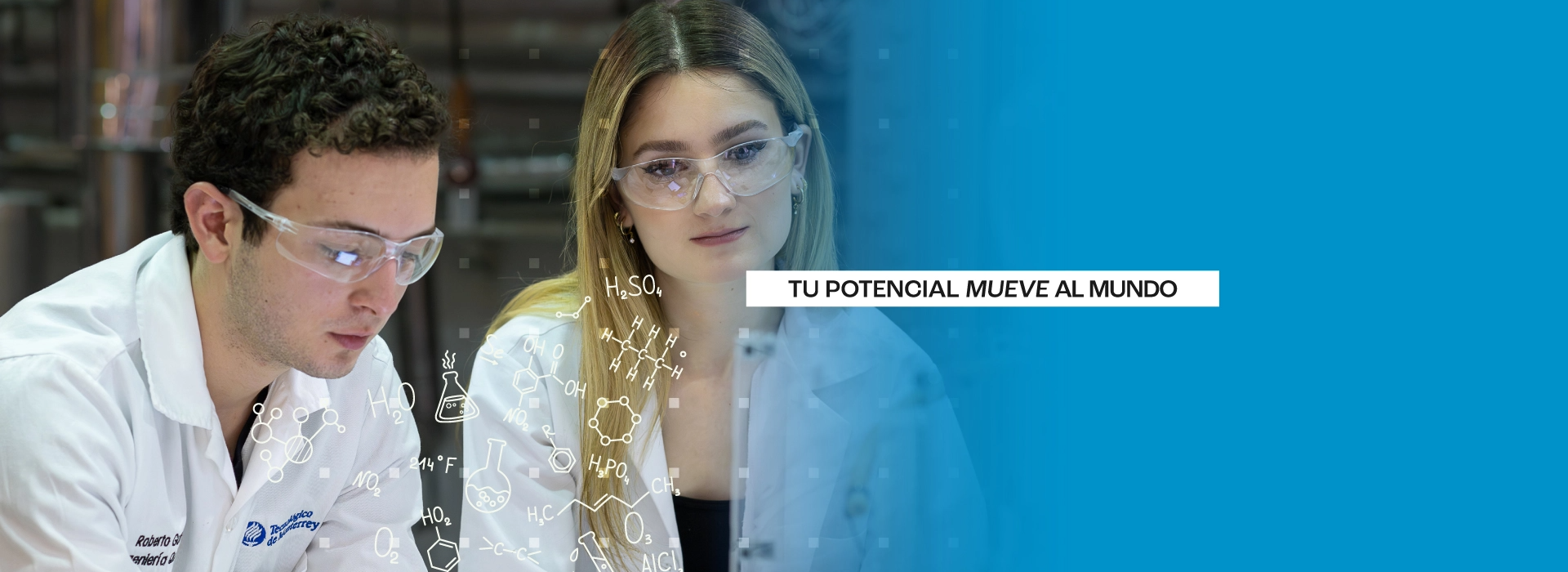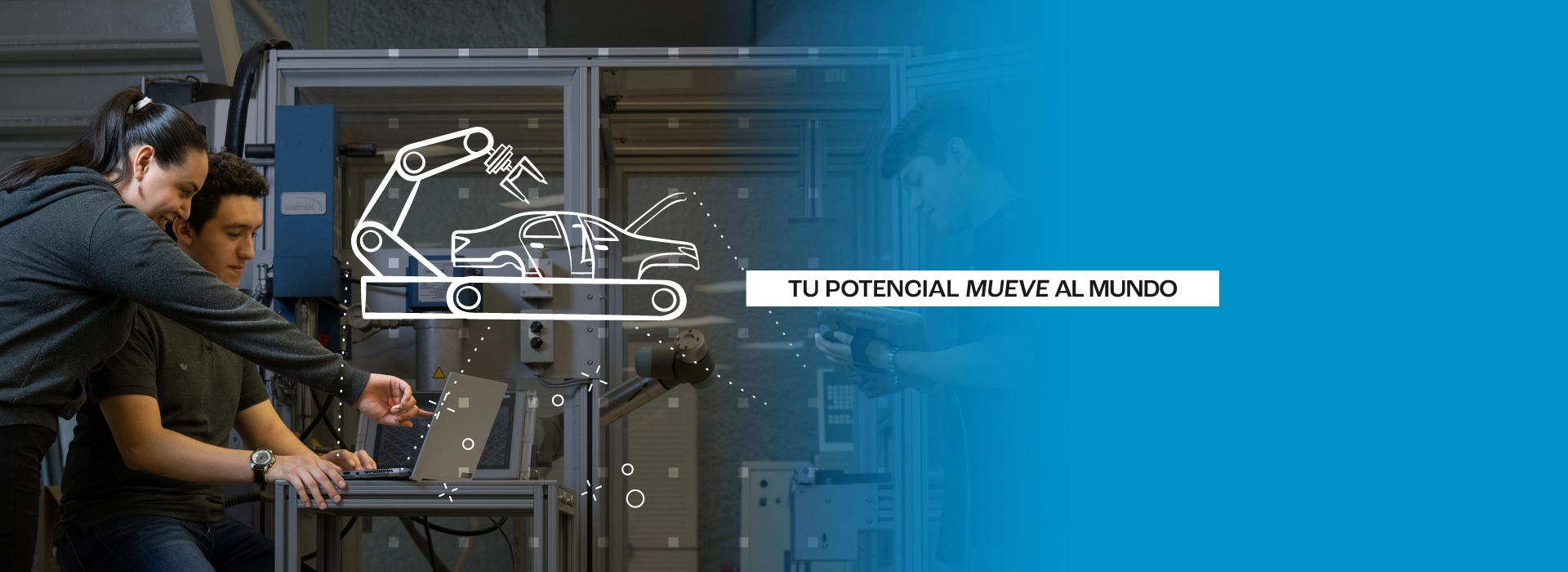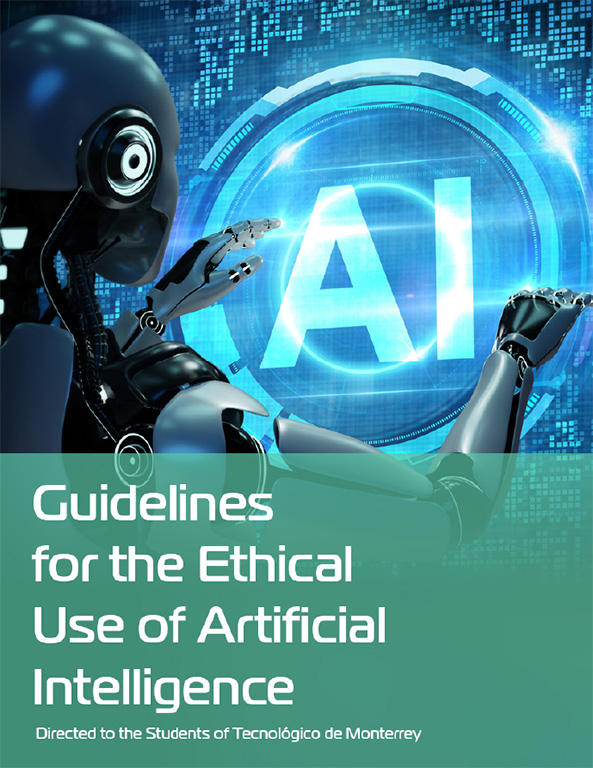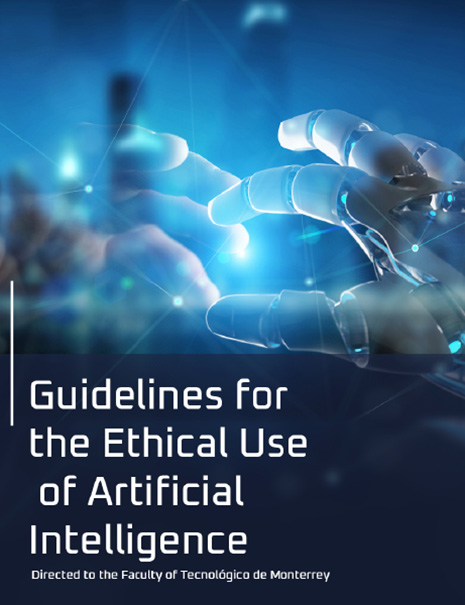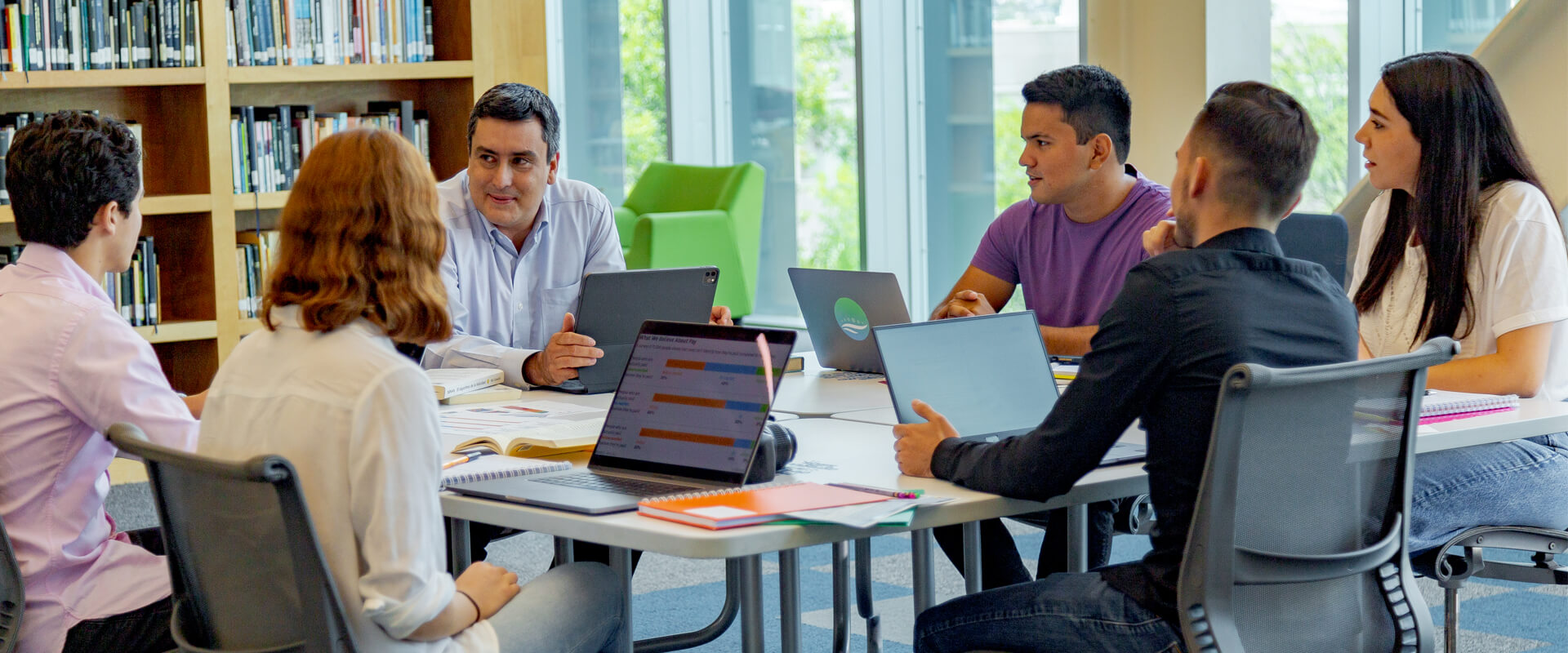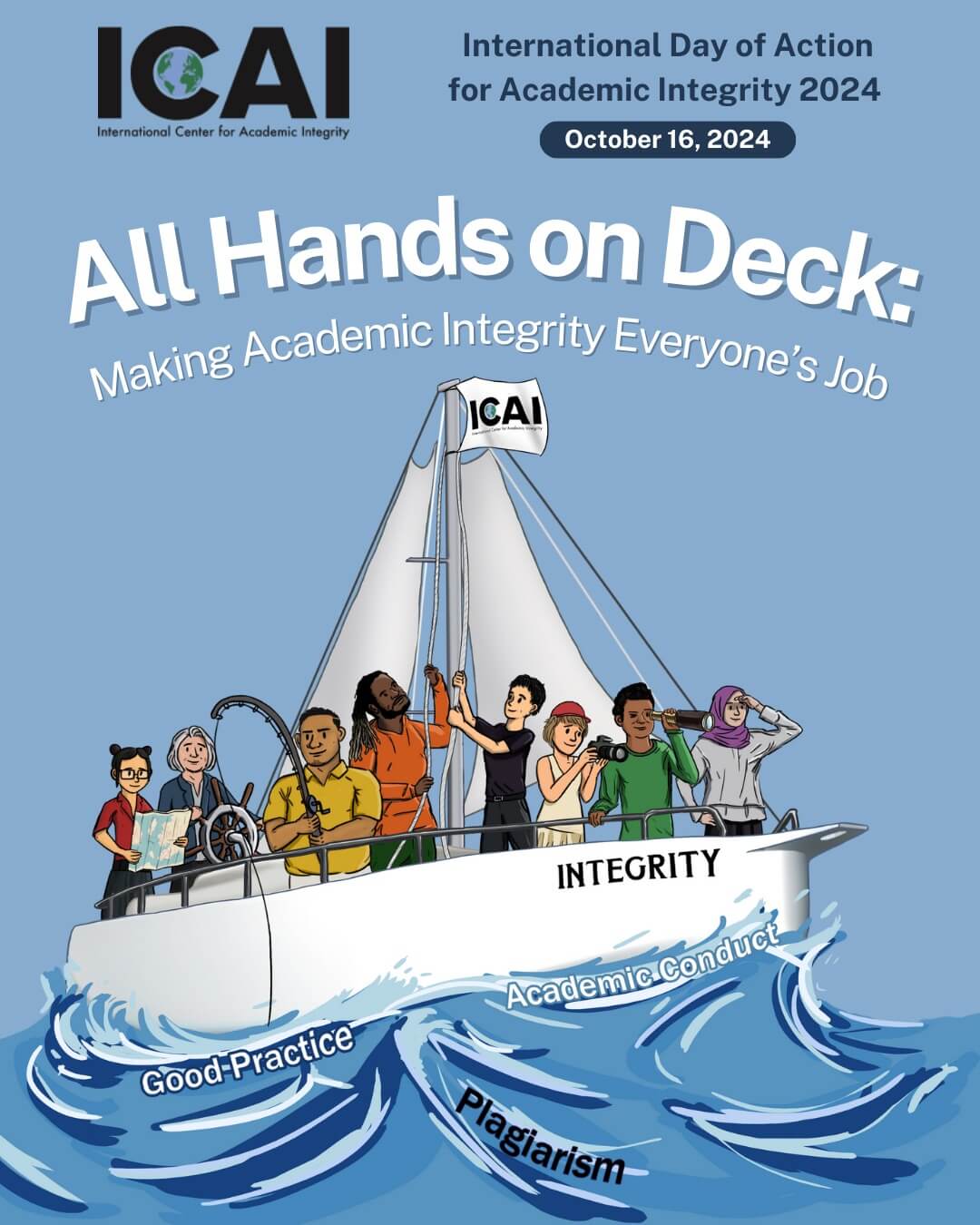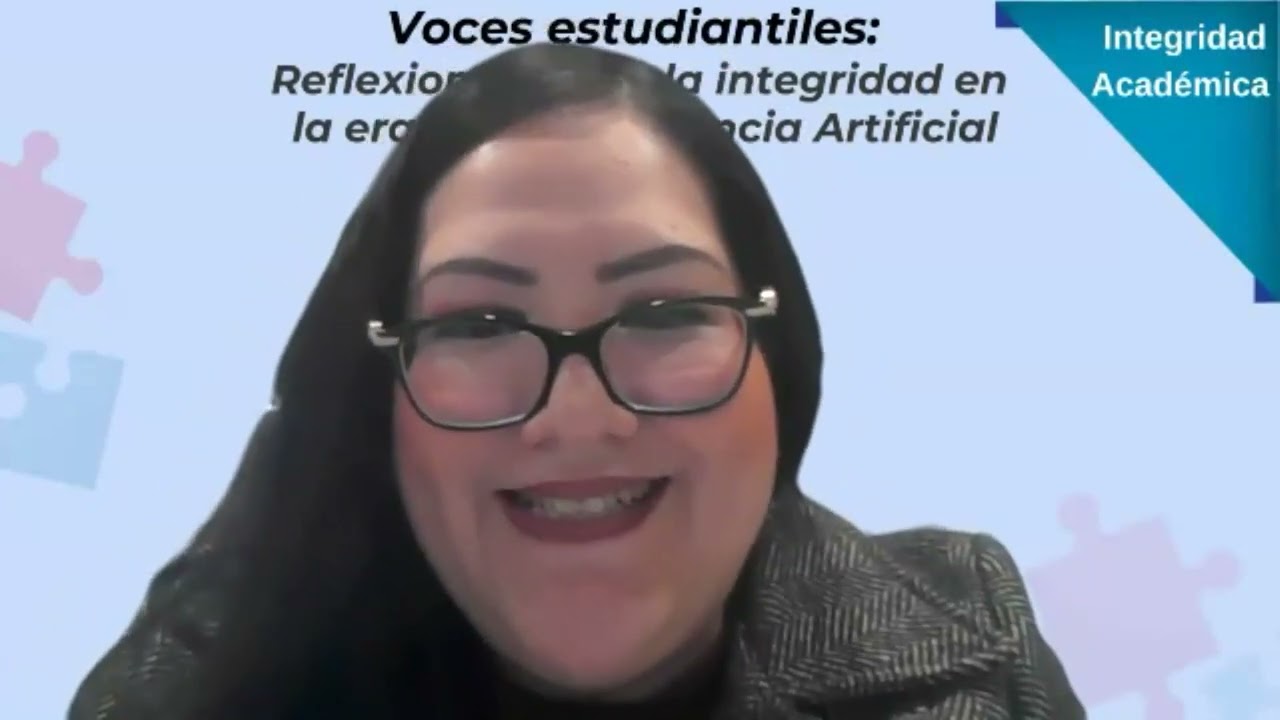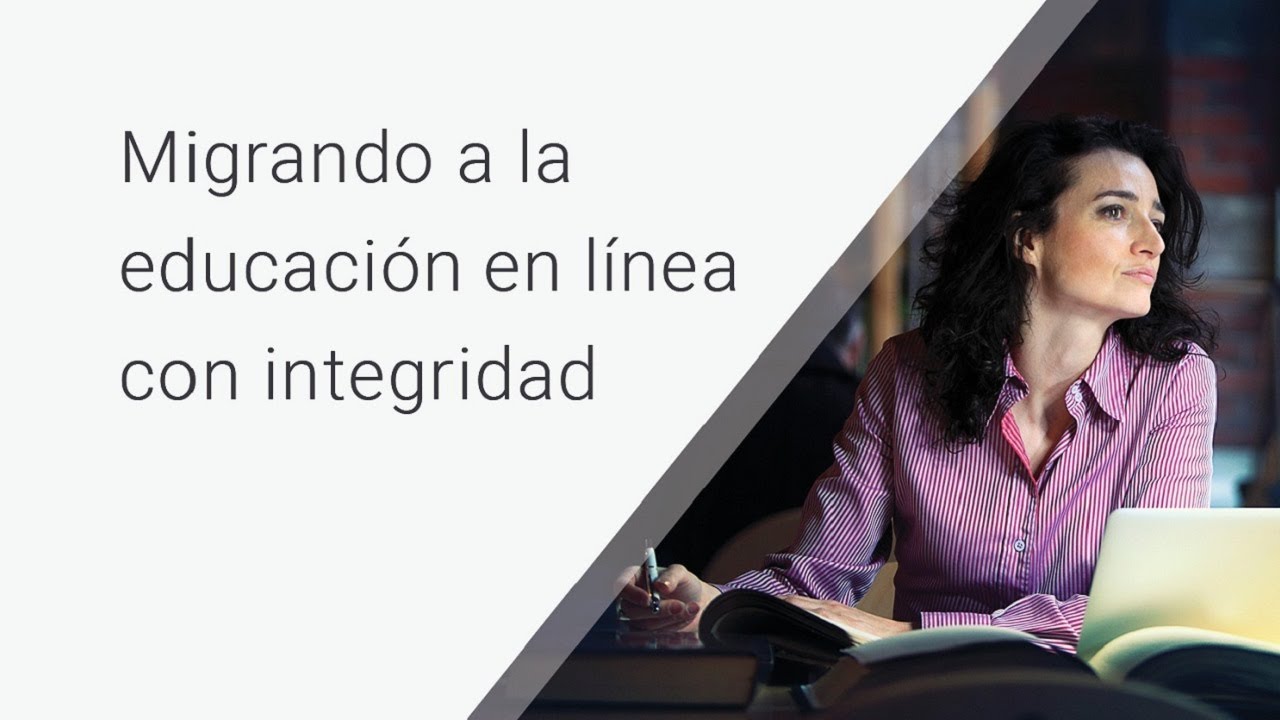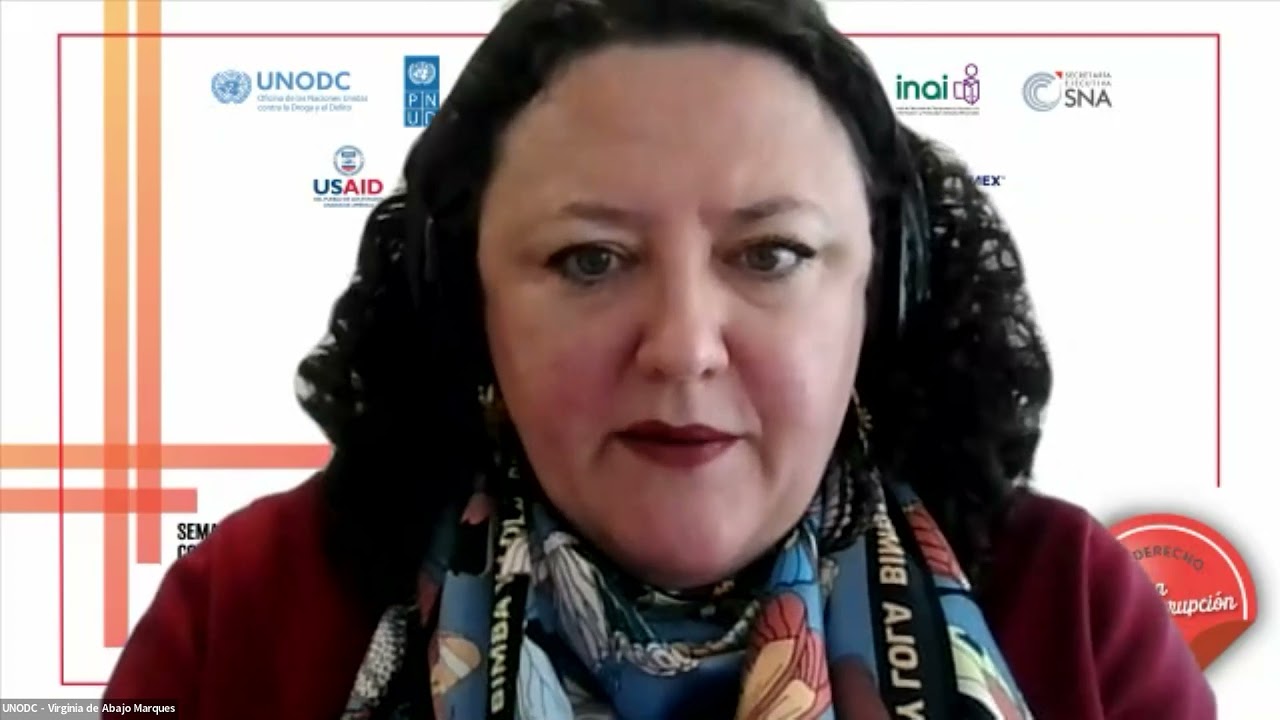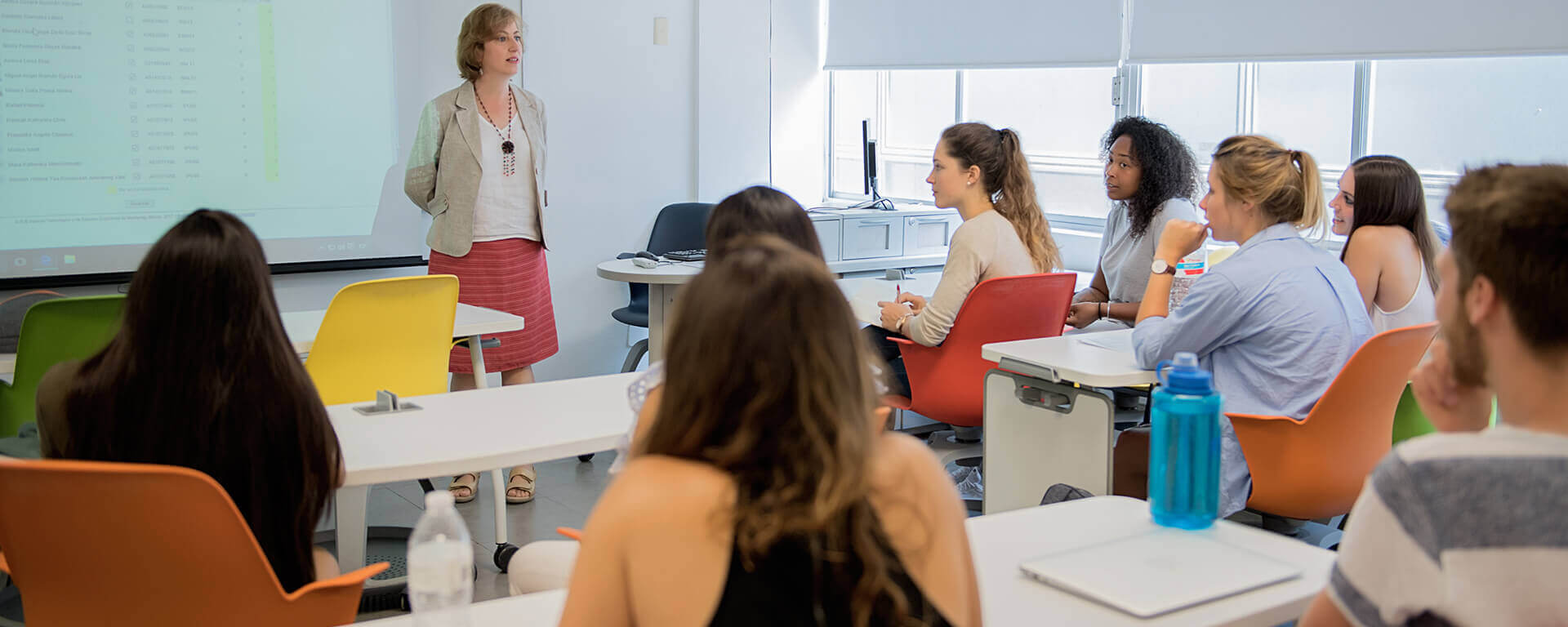QS Future 17 SDG Challenge Program
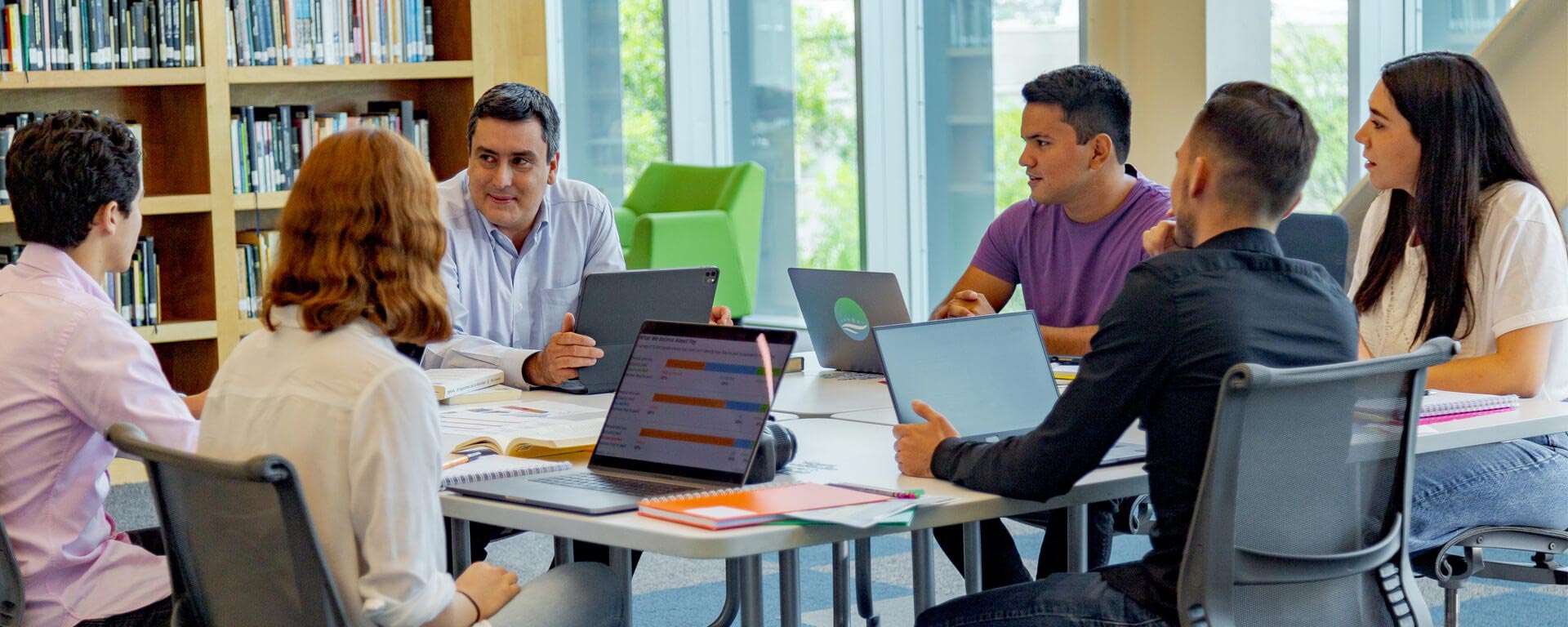
What is QS Future 17 SDG Challenge Program?
The QS Future 17 SDG Challenge Program is an initiative, co-founded by Quacquarelli Symonds (QS) and Exeter University, from the United Kingdom, in which up to 20 universities around the world participate in order to promote youth leadership and collaboration with the business sector towards a sustainable development through challenges and solutions focused on the SDGs.
Future 17, is now available as an alternative for your Tec Semester, in the format of a Professional Stay, which consist of 9 academic credits.
This is a great opportunity to continue strengthening your talent and leadership through collaboration with diverse cultures and industry sectors, and to have impact for a regenerative future.
Explore this site for more details!
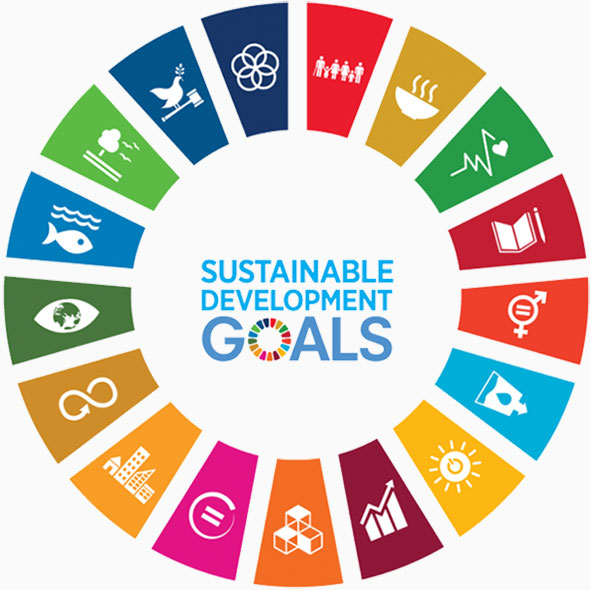
Participating Universities
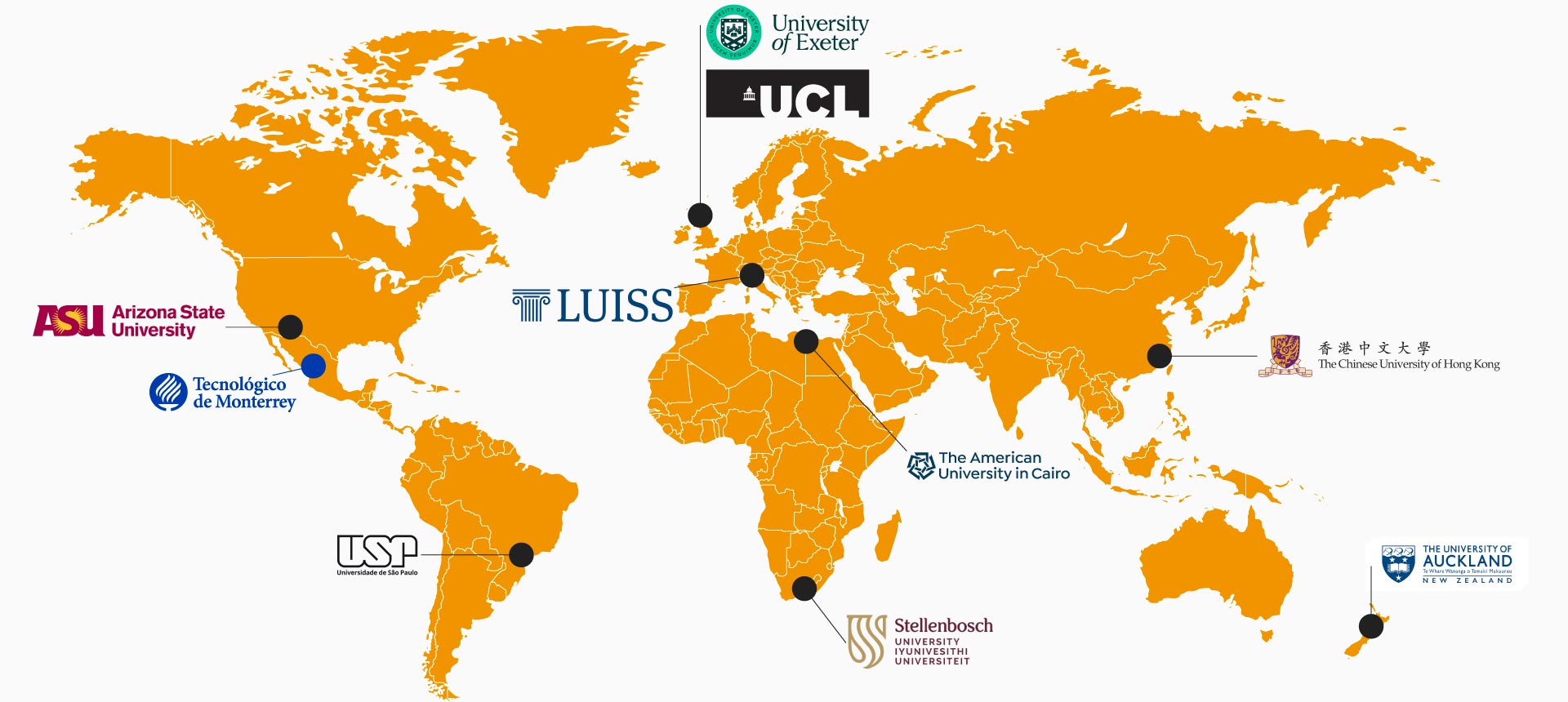
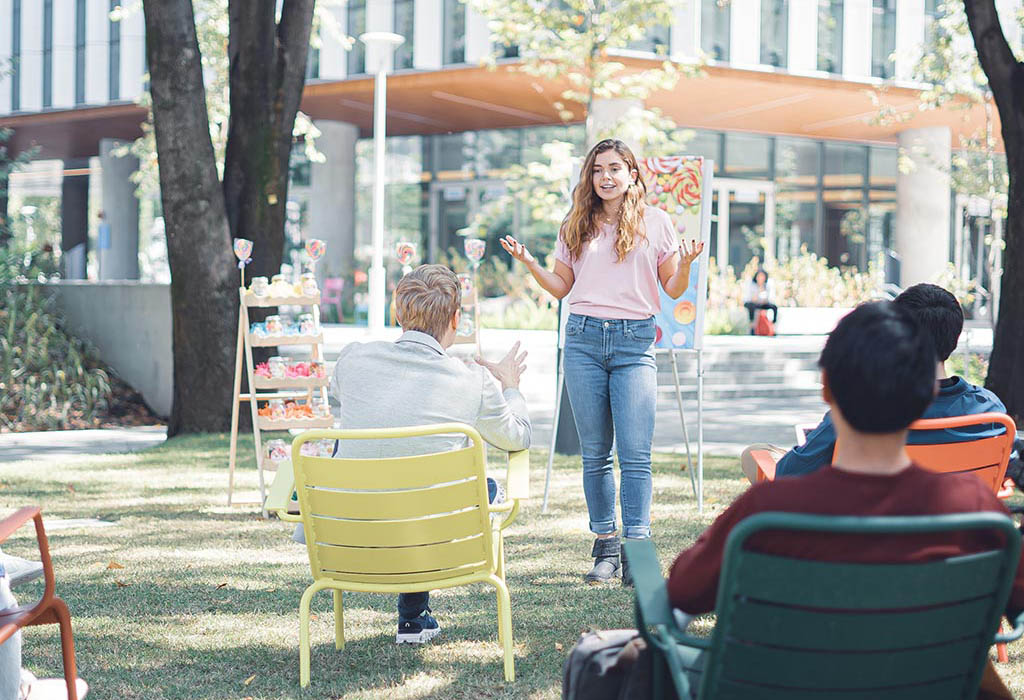
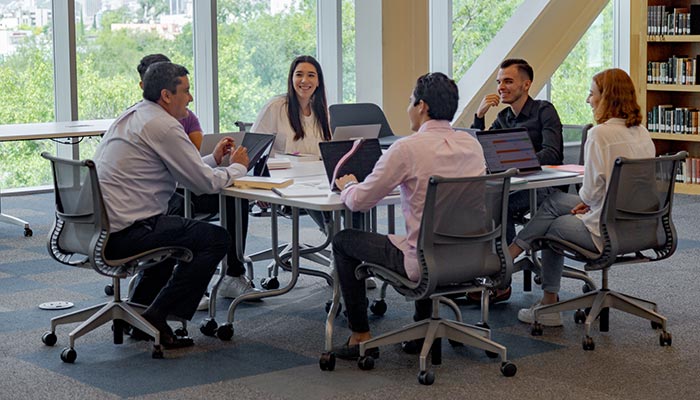
10 students + 1 facilitator + 1 partner institutions (proposes the challenge)
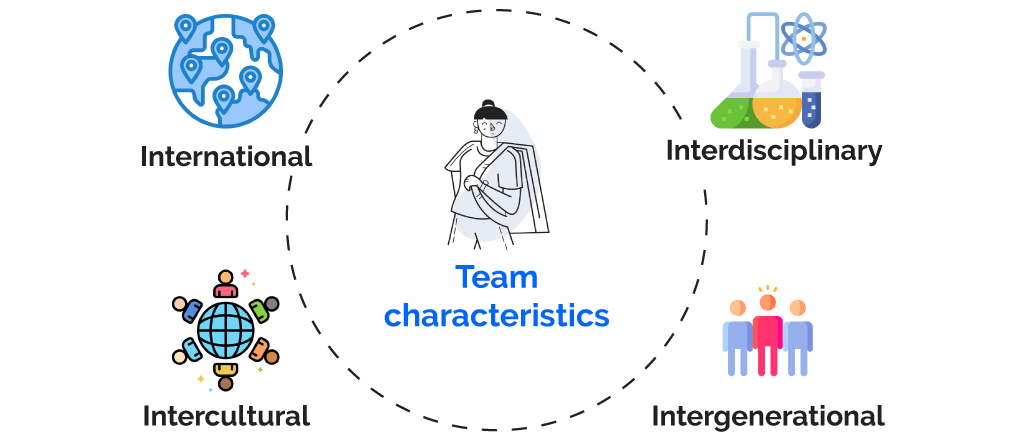
Sí, por el momento es exclusivo para cursar en Semestre Tec. Acreditarás 9 créditos académicos, en el formato de Estancia Profesional.
*Te recomendamos consultar oportunidades de 9 créditos para complementar tu carga del semestre (Recuerda que para acreditar Semestre Tec es necesario completar 18 créditos)
La participación tiene una duración de un semestre (agosto-diciembre). Para poder participar es necesario expresar tu interés en el proceso de preinscripción durante la semana 6 del semestre febrero – junio.
- Registro: Una vez seleccionados los alumnos participantes (límite 100) se te registrará en la plataforma Moodle.
- Fase 1 (Septiembre): Inducción de 4 semanas diseñada por Exeter University (Reino Unido) - en línea, autogestión.
- Fase 2 (Octubre y Noviembre): Colaboración en equipos en un proyecto asignado por la empresa socia asignada por QS.
- Cierre del programa (Diciembre): Presentaciones finales y actividad de cierre.
El programa es una oportunidad de internacionalización virtual. Es decir, tendrás la oportunidad de participar en equipos multidisciplinarios y multiculturales a distancia con empresas de diversos países y con la guía de mentores de las diversas universidades participantes.
Podrás preinscribirla durante la semana 6 (del 15 al 22 de marzo 2024) en IRIS, como opción de Semestre Tec, dentro de la oferta de estancias profesionales de tu Escuela.
Si conoces los ODS y tienes interés en fortalecer tus competencias de liderazgo, innovación y emprendimiento social este programa es para ti.
Te recomendamos visitar el siguiente sitio para conocer más sobre esta iniciativa: Introducing Future17: Global education programme that partners students with real-world sustainable initiatives o revisa el Handbook proporcionado por QS y Exeter University en: Program Handbook
Ejemplos de proyectos por país: Future17 SDG Goals Challenge Program – Project library
Resultados 2023: Project 2023 – statistics Home page – 5 – Project library
- Conoce los reportes de Desarrollo Sostenible de la institución en: Desarrollo Sostenible.
- Conoce el Plan de Sostenibilidad y Cambio Climático 2025 del Tec en: Plan Sostenibilidad 2025.
Te recomendamos explorar estos recursos adicionales:
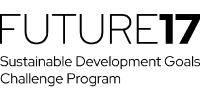 an initiative of:
an initiative of:

